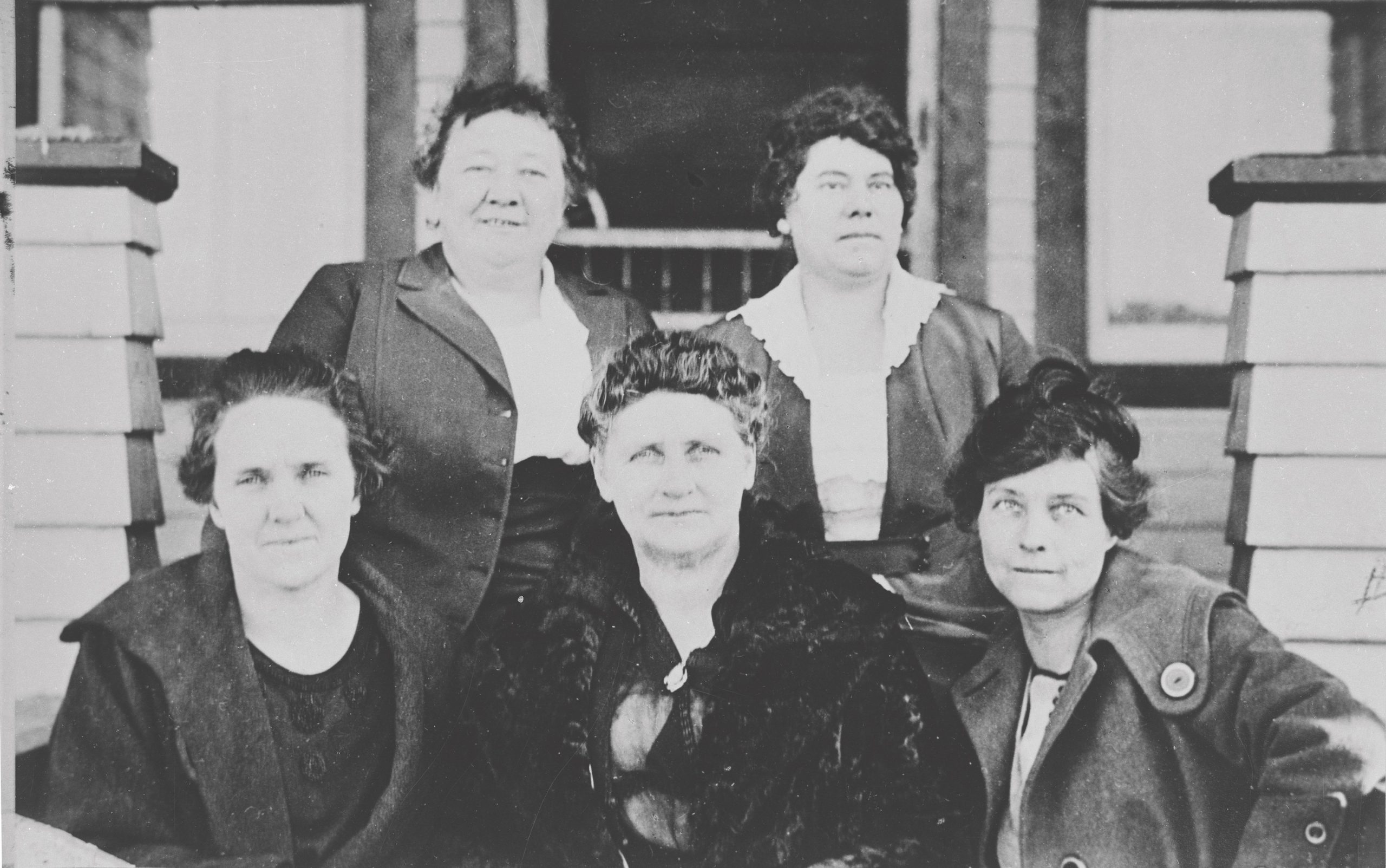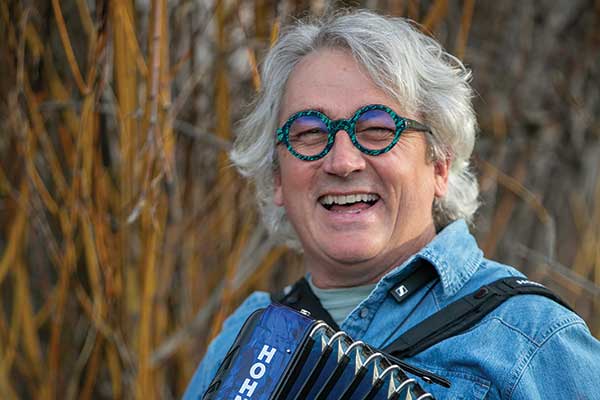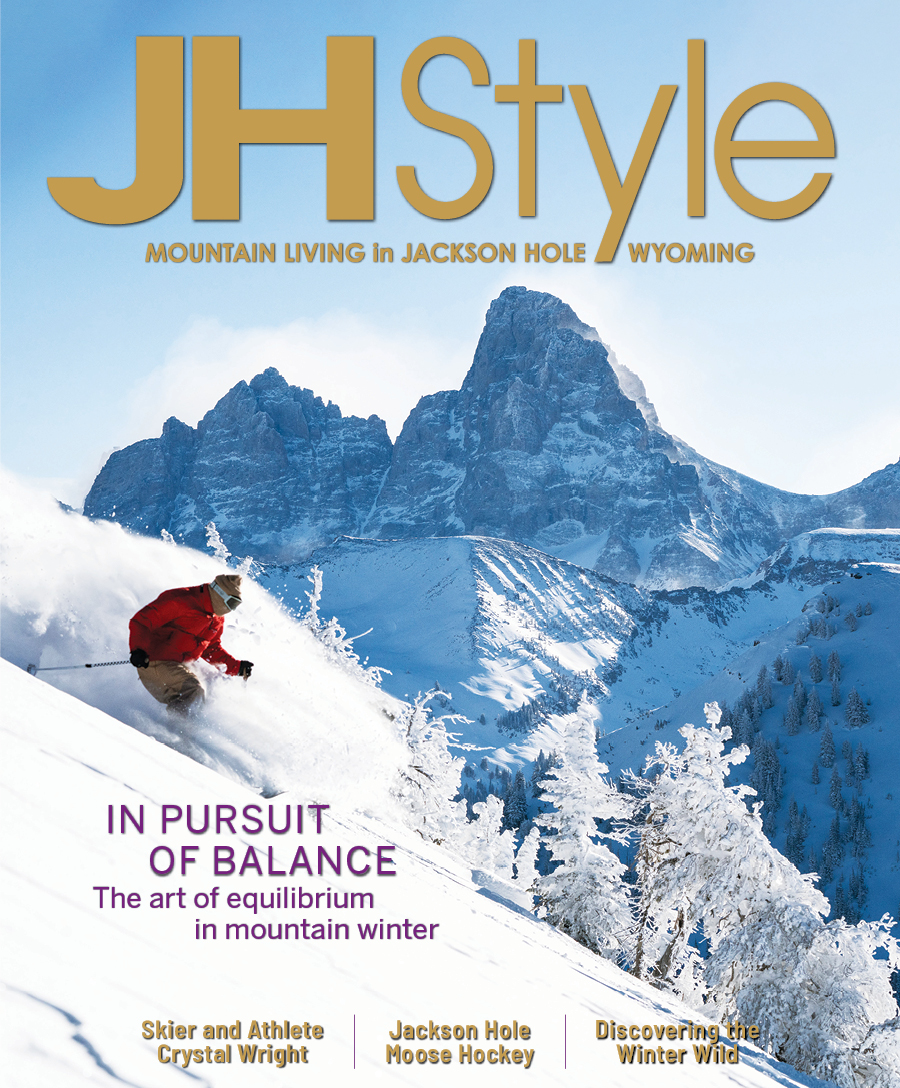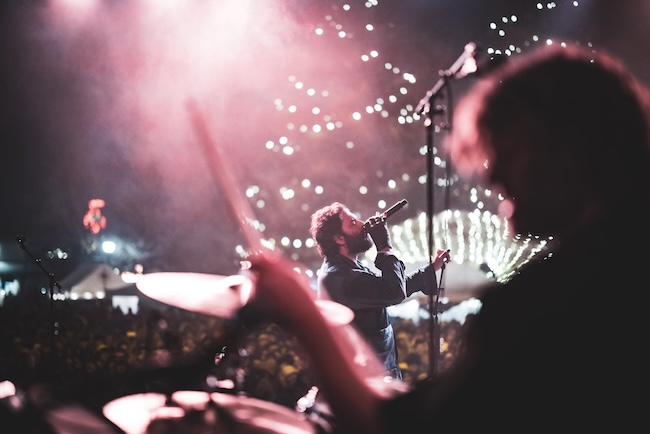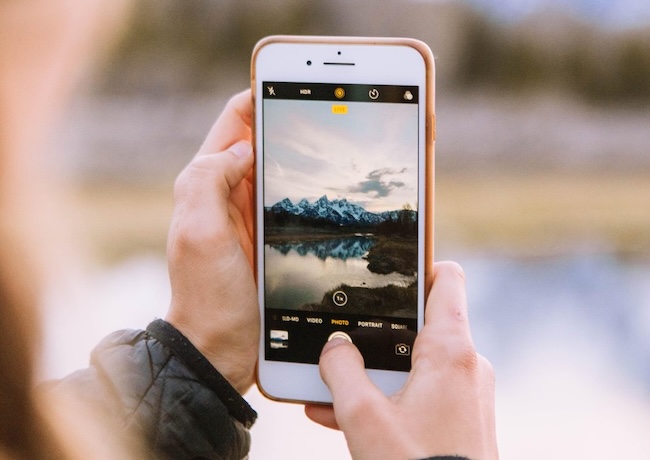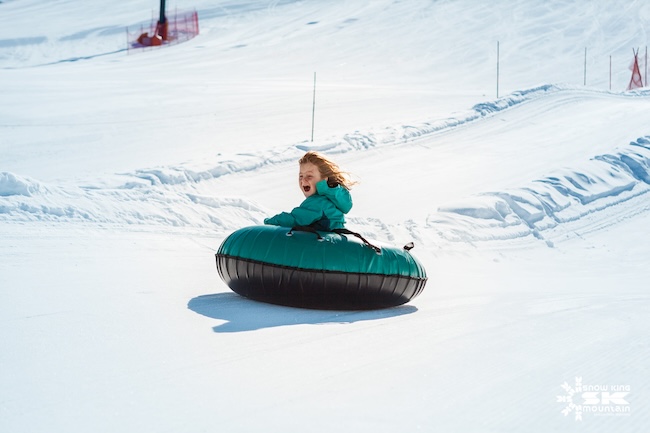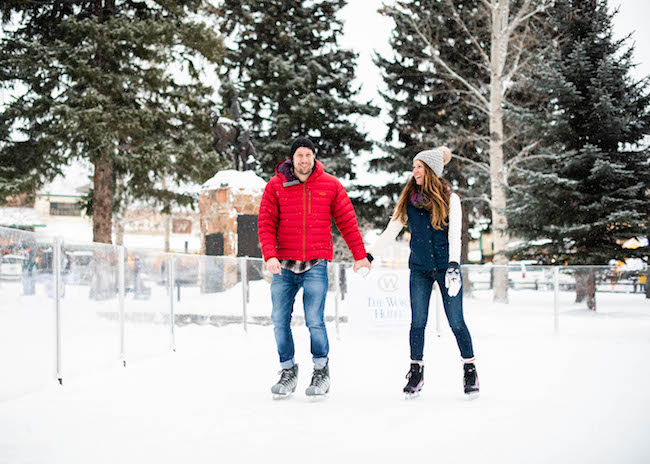Wood on Water
18 Jun 2020
Floating the Snake in Hand-Crafted Wooden Boats
Summer 2020
Written By: Lexey Wauters | Images: courtesy AJ DeRosa, Latham Jenkins, and Tom Matthews
One of AJ DeRosa’s earliest memories of boating is the sound. AJ, owner of Jackson Hole Vintage Adventures (JHVA), recalls being lulled to sleep as a kid by the sound of water lapping against his uncle’s flat-bottomed boat. Since then, AJ has floated in many kinds of boats — plastic canoes, rubber rafts, fiberglass dories, aluminum skiffs — but he always drifts back to wood-sided vessels. He loves the craftsmanship, the timbre of the wood, and the feel of the hull as it travels through water — he talks about these boats with a sort of reverence.
After 30 years of guiding fishing trips, AJ began to appreciate the simple act of sitting in a boat, without the distraction of angling. In 2000, he stopped guiding and started working on his business, Jackson Hole Vintage Adventures, full time. He wanted to help people experience the river in a more elemental way — no gimmicks, just the sights and sounds of the river corridor. Today, he runs the company with the help of Dutch and Cristina Gottschling who share his passion for the uncluttered, nature-driven experiences found at JHVA. "Floating in a wooden boat, settling in at this traditional
Western camp, listening to the rhythm of the river — it’s
a more intimate experience than you will get anywhere
else."
AJ DeRosa
“In a wooden boat, you can hear the sounds of the river bottom,” says Cristina, describing the hiss of gravel shifting or the thunk of large river cobble tumbling in the current. “Those riverbed sounds are amplified by the wood bottom.” She says that when they pull the boat out of the Snake River’s main current and into the small side channels, other sounds can be heard: the gurgle of a small riffle, a sandhill crane’s otherworldly warble, or the slap of a beaver tail. Sometimes it is the absence of sound that is remarkable. “It can be so quiet that you can literally hear a fish rise,” Cristina explains.
Seven-and-a-half miles downstream from the Wilson boat ramp, JHVA’s camp is set amongst a mature cottonwood stand. In the late afternoon, as the sun sinks, the light is golden and rich. This is the magic hour. Cristina remembers a family of owls in camp one summer and their ghostly calls floating into the dusk. AJ describes the evening arrival of honking Canada geese returning to their river cobble nesting sites and the yips of nearby coyotes.
"Floating in a wooden boat, settling in at this traditional
Western camp, listening to the rhythm of the river — it’s
a more intimate experience than you will get anywhere
else."
AJ DeRosa
“In a wooden boat, you can hear the sounds of the river bottom,” says Cristina, describing the hiss of gravel shifting or the thunk of large river cobble tumbling in the current. “Those riverbed sounds are amplified by the wood bottom.” She says that when they pull the boat out of the Snake River’s main current and into the small side channels, other sounds can be heard: the gurgle of a small riffle, a sandhill crane’s otherworldly warble, or the slap of a beaver tail. Sometimes it is the absence of sound that is remarkable. “It can be so quiet that you can literally hear a fish rise,” Cristina explains.
Seven-and-a-half miles downstream from the Wilson boat ramp, JHVA’s camp is set amongst a mature cottonwood stand. In the late afternoon, as the sun sinks, the light is golden and rich. This is the magic hour. Cristina remembers a family of owls in camp one summer and their ghostly calls floating into the dusk. AJ describes the evening arrival of honking Canada geese returning to their river cobble nesting sites and the yips of nearby coyotes.


 “Floating in a wooden boat, settling in at this traditional Western camp, listening to the rhythm of the river — it’s a more intimate experience than you will get anywhere else,” AJ opines.
“Floating in a wooden boat, settling in at this traditional Western camp, listening to the rhythm of the river — it’s a more intimate experience than you will get anywhere else,” AJ opines. 
